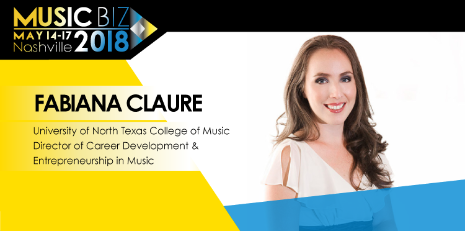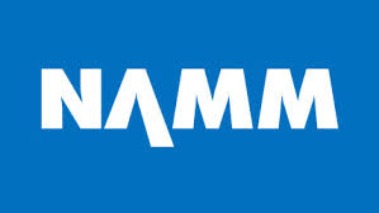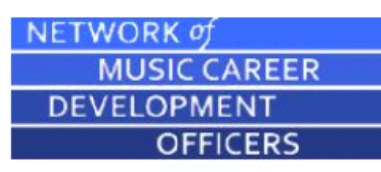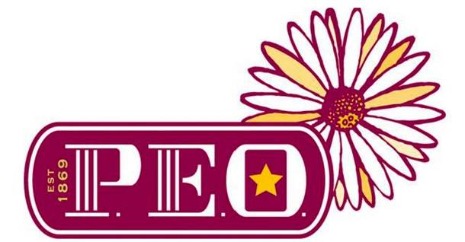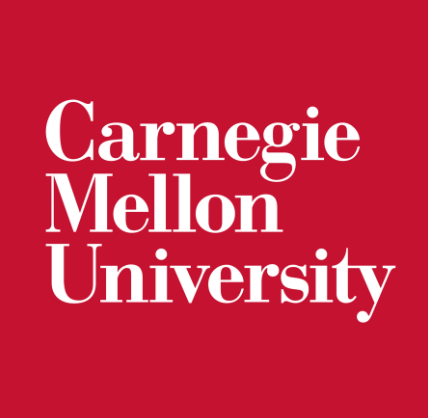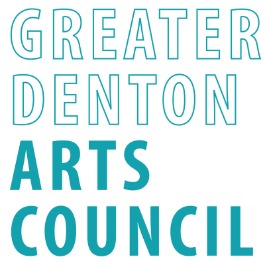“I want to thank you for joining us to present yesterday. You took them out of their comfort zones and expanded their minds to what it really takes to turn their “dream project” into a revenue-generating business. Thanks for your energy, your individual feedback to the students, and your thought and care in preparing this topic. I really appreciate it.”
“Fabiana Claure’s superb video presentation entitled “Women as Musician Entrepreneurs” proved to be a fascinating and inspiring hour for the piano majors at SMU’s Meadows School of the Arts!
Dr. Claure, herself a model of the 21st c musician-entrepreneur, offered highlights from the lives of three extraordinary female pianist-composers and demonstrated how they were able to actively display their talent and individuality to world. Dr. Claure also beautifully performed virtuosic compositions by each of these amazing women: F. Mendelssohn, Clara Schumann, and T. Carreño. A highly recommended presentation!”
Dr. Carol Leone
Chair of Piano Studies and Professor of Piano, SMU Meadows School of the Arts
“Dr. Claure’s presentation was highly interactive and provided actionable information to our students at UTSA. The students were very engaged and came out of Dr. Claure’s talk equipped to think creatively on how they can launch a truly unique music-related venture. For the last several years I have had the pleasure of having Dr. Fabiana Claure as a professional colleague. We have often met at conference gatherings such the Music Entertainment and Industry Educator Association (MEIEA) and the National Association of Music Merchants (NAMM). I attended several of Dr. Claure’s presentations at both events and was amazed by her eloquence, mastery of the content she covered, and her ability to establish a true connection with her audience. I am continually impressed with Dr. Claure’s dedication to her profession, to the promotion of education and research in our field and her commitment to her students in the Music Business and Entrepreneurship program at University of North Texas (UNT).“
Dr. Stan Renard
Associate Professor of Music Marketing Coordinator of the Music Marketing Program
The University of Texas at San Antonio, TX
“Thank you for speaking to PMTA. I know that teachers/musicians are in different places in their lives professionally and personally and sometimes they just need a different perspective on how to look at their life. I specifically chose you because of your unique position as a pianist and entrepreneur and breaking that mold of what is an ideal career path. We often get stuck in what the ideal success is and as you said, it is up to us to create what our own success looks like, not anybody else’s idea of success. Sometimes we have to get over our own fear of what is holding us back and make the daily goals that mean the most to us in order to make a difference in our lives and in others. On the day that you were presenting I heard on the radio that morning that you are the best project to work on, so make the most of it. I thought it was a fitting sentiment for the focus of the day. Thank you again for speaking with PMTA, and I hope it will garner success for not only you, but also the members of PMTA.“
For Students and Professional Musicians
The Musician’s Business Canvas: Create a Business on a Single Sheet of Paper.
This interactive workshop will teach students how to create a business on a single sheet of paper using a musician-adapted version of the business model canvas and lean canvas. The musician’s business canvas offers a concise, quick, and easy to understand framework to ideate a business from a musician’s perspective. Often times music students hesitate to think about themselves or their craft as a business and shy away from business exercises and techniques. This workshop will shed a light on the unique perspectives that musicians bring to the business world and will help students create a tangible and actionable plan for a business. Students will learn how to apply key business creation principles such as: problem and solution identification, existing alternatives, key metrics, unique value proposition, competitive advantage, marketing channels, customer segments, revenue streams, key partners, and cost structure. As each section is introduced, students will be prompted to apply the concepts immediately by creating their own examples and discussing their responses during the workshop. The intended learning outcome will be for students to gain a better understanding of the fundamental aspects of creating a music business. Through this process, the somewhat daunting prospect of starting a business will be simplified. As a result, students will gain a better sense of how to position themselves as creative entrepreneurs, how to find problems to solve in their particular fields, and how to create meaningful opportunities for themselves in the marketplace.
Entrepreneurial Women Concert Pianists: An Exploration of Clara Schumann, Fanny Mendelssohn, and Teresa Carreño’s Works and Career Ventures
This multimedia presentation will discuss the fundamental entrepreneurial skills of what is needed in order to be a successful musician, using examples from three of the most influential and important women musicians of the nineteenth and early twentieth centuries: Fanny Mendelssohn, Clara Schumann, and Teresa Carreño. Through an entrepreneurial lens, the program will explore how Fanny was able to create and run a concert series, create performance opportunities for herself, and publish her compositions, how Clara was able to pursue a 61-year career as a self-managed concert artist and composer, and how Teresa was able to successfully sustain a 54-year international concert career, manage several performing companies, and establish herself as a published composer. Special emphasis will be placed on the context of each woman’s successful, long-term career as pianists and composers while still handling domestic life, raising children and facing the gender-discrimination barriers of their time. In addition to a live performance of Fanny, Clara, and Teresa’s piano works and spoken remarks, the program will also include a film presentation created in collaboration with award-winning, documentary filmmaker, Tania Khalaf.
The goal of the presentation is to highlight how these resilient women were able to overcome incredible obstacles by using entrepreneurial skills to further their careers and provide for their families. In doing so, they established new benchmarks for women in music. Audiences will experience a journey of reflection, inspiration, and will be prompted to take proactive action. They will learn how to see entrepreneurship as both a mindset and a discipline that can help them create human connection, become empowered, and pursue their own definition of success. By learning from the past, we can better understand the present and create a more successful future.
SWOT Analysis for Musicians
The lesson demo will consist of teaching students how to create a SWOT (Strengths, Weaknesses, Opportunities and Threats) analysis for their music careers. As an interactive exercise, students will create a preliminary SWOT analysis and will discuss their responses in class. The intended learning outcome will be for music students to gain a better understanding on how to position themselves and find meaningful opportunities in the marketplace.
For Faculty/Administrators
Teaching Musicians to Think as Marketers: Strategies to Ease the Mindset Shift
Introducing marketing principles—especially those that involve thinking from the audience’s perspective—can often times be confusing and foreign for musicians. As a result of spending a lifetime with a self-centered focus on developing their artistry, musicians oftentimes struggle to market themselves in a way that will resonate with the needs and perspectives of their intended audiences. These basic marketing concepts can be crucial for creating sustainable careers. This presentation provides an overview of the common misconceptions and challenges musicians face while shifting their mindset from performer-centered to audience-focused. Examples will include discussions involving SWOT analysis, customer and competitor analysis, setting marketing goals, brand development and differentiation, measuring results, pricing, placement, and promotion. This presentation will also offer the tools, strategies, and a methodology to successfully encourage musicians to embrace and develop a marketer mindset.
Learning Music Entrepreneurship by Doing: How to Create Experiential Opportunities in an Academic Setting
An integral part of teaching music entrepreneurship involves helping students learn through experiential opportunities. Entrepreneurship, just like music, is best learned through practice and experience. In order to successfully implement hands-on learning opportunities, a few questions arise: how can we effectively create these experiences for our students outside of the classroom? How can we build student engagement and participation in non-required events? Students are very busy with their required academic coursework and other activities. Capturing their attention and getting them involved in non-required events can be a challenge. Using the model the author created and implemented at the University of North Texas College of Music’s Career Development and Entrepreneurship in Music Program—recognized among the Top 15 Best Music Business Schools by Billboard Magazine (2017 and 2018)—this presentation will provide an overview of the various types of experiential learning initiatives that can be launched in an academic setting. It will also describe common challenges and potential solutions to take into consideration while launching these initiatives. More information about this presentation is also available as a published article in the 2018 MEIEA International Conference proceedings.
